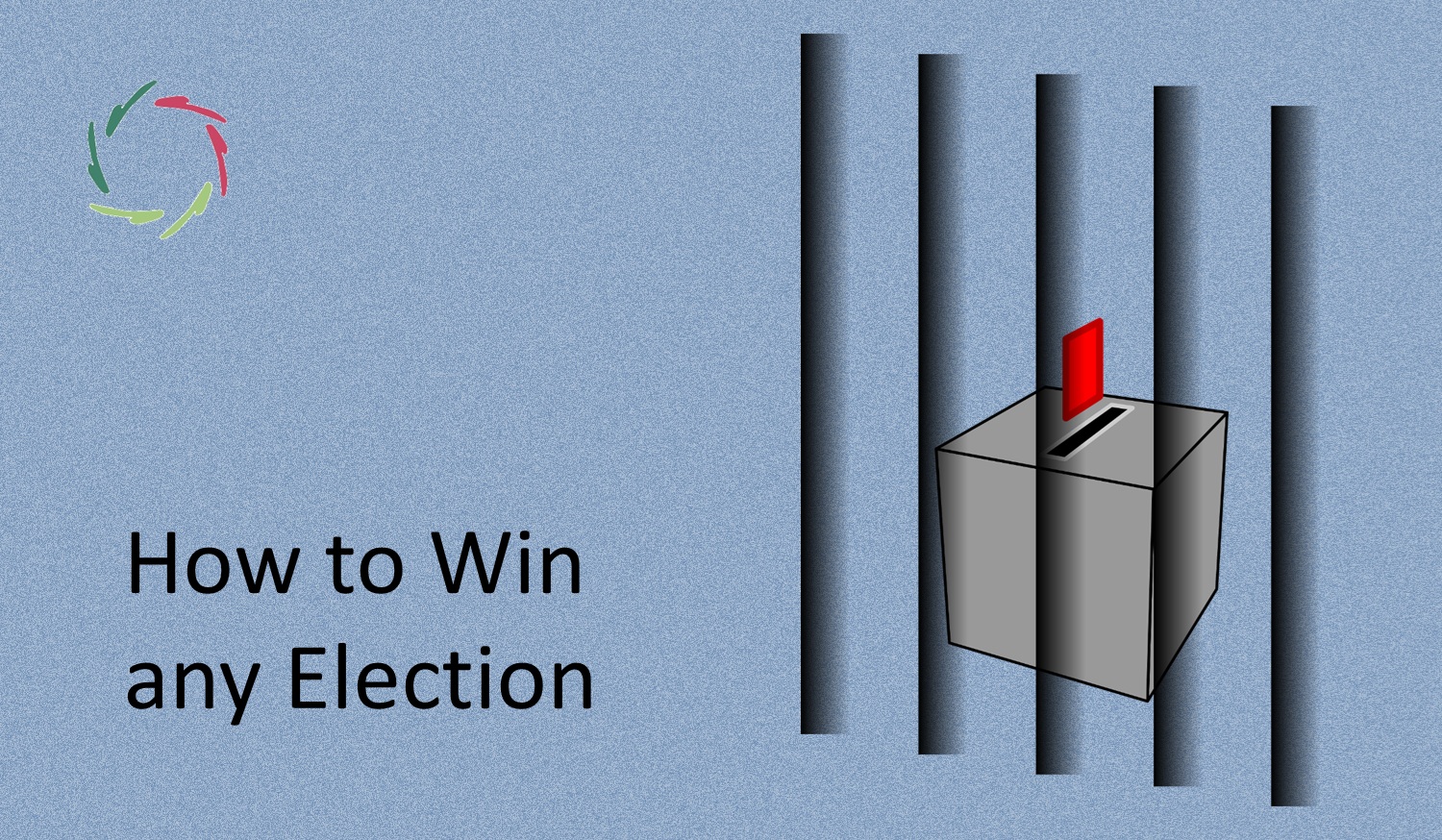Is Any War Worth It?

War is definitely not worth the death of even one human being. One doesn’t need to be a pacifist to see that.
War may have been worth it in the past.
Groups may have fought each other for scarce resources as a matter of individual life or death. Also, they may have done so due to the lack of even the possibility of a broader view.
But in the 21st century? There are many means and paths to prevent war. Therefore, eventually, wars are always failures of diplomacy. Broadly seen, there is no beating around this bush.
First thought experiment
Imagine going to another galaxy for once and forgetting all about human societies. After a while, you come back, and you see huge numbers of people waging some war ― killing, destruction, lots of despair, immense distress, and deepest sorrow for the loss of loved ones.
Why? One party finds the other party terrible enough to inflict all this harm ― and vice versa. If one party is rational, the other certainly isn’t. Probably, to most of them on both sides, the bad ones are the ‘other ones.’
Typical ― yet to you, coming from afar, this may look as insane as it is.
No weakness
My deduction is purely the result of common sense ― no weakness. Weakness may lie in not daring to use one’s common sense, for instance, if group pressure hinders one from doing so.
Weakness may lie in fear of being seen as a coward. It may lie in killing innocent people for a small chance they might be dangerous or as a means to put pressure on the enemy. Weakness may lie in just doing without any thinking about it at all.
A hero is a hero
The previous should not detract from individual worthiness. A soldier who risks his life for ‘the good cause’ is praiseworthy. He absolutely deserves the medal and the awe of his community.
At the same time, this is not contradictory to the insanity of the war as a whole. The hero operates in a setting worth zero.
Into a whirlpool of revenge
Much of the drive of individuals in war is revenge. The enemy kills our people; therefore, the enemy needs to pay dearly ― making new cases for which there is a need for revenge.
This way, prolonged wars frequently come in an escalating form. Take, for instance, the decades of war in Vietnam. I believe the weapons industry – knowingly or not – makes damn good use of this.
Second though experiment
Imagine going 50 years into the future after ending some war right now. Will there be any big difference in the situation depending on who wins the war?
For instance, 50 years have passed since the end of the Vietnam war. Would things be very different now if the US had won? Probably not. That war wasn’t even about Vietnam, but a proxy between the US and ‘communism,’ as is well known, even though communism was not the immediate goal of Ho Chi Minh. [His goal was to unite the country as an independent region.] If the parties could have communicated in-depth – and as they at a high level agreed much later – there wasn’t any need for waring. Certainly not to the people themselves in Vietnam, Laos, and Cambodia.
Over 50 years, cultures can change ― for instance, in China and Taiwan. Therefore, isn’t it better to give full attention to the cultural thing and make it worthwhile so that ‘the enemy’ will gladly take over many cultural elements? That way, ‘the enemy’ becomes us ― problem solved. I do not see myself as the naïve one in this.
No more war
We go to a future in which war will be unthinkable, for sure ― hopefully without first destroying ourselves.
Meanwhile, ‘no more war’ is a striving of plain common sense.
See also: Giving Peace a Chance (Animated Video)


